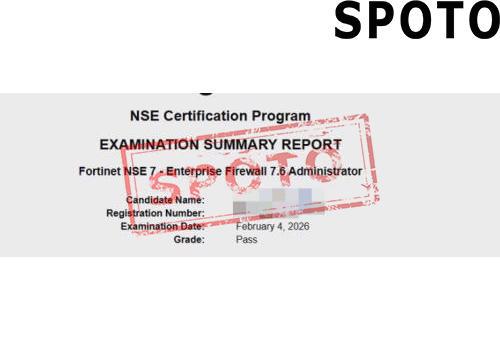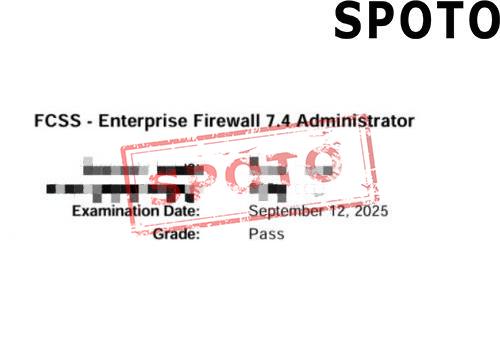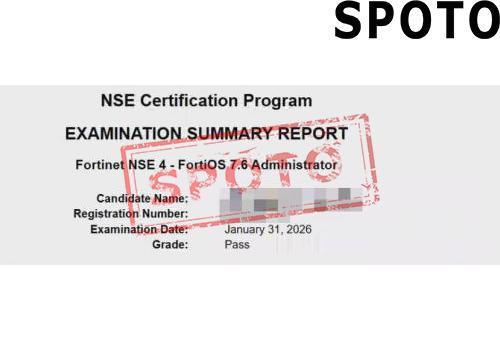
Table of Contents
- 1. What is a Solution Architect
- 2. Skills needed to be a Solution Architect
- 3. Average salary of a Solution Architect
- 4. What is the job prospect of Solution Architect?
- 5. What kind of person is suitable to become a Solution Architect?
- 6.What are the beneficial certifications for becoming a Solution Architect?
1. What is a Solution Architect
Solution architects are technical personnel responsible for developing, delivering and implementing solutions to business problems. They design, describe and manage technical solutions that constitute software architecture based on business needs. A solution architect should have the ability to identify pain points and design or modify technical solutions to solve company problems. The solution architect will be deeply involved in the daily work of all business departments and interact regularly with stakeholders and subject matter experts. Their job responsibilities mainly include the following parts. First, they need to develop and review code to design and test the technical architecture of the organization. Secondly, solution architects work with teams across business functions and connect with subject matter experts (SMEs) to identify problem areas and improve organizational efficiency. Finally, they are to propose IT solutions to company challenges based on actual conditions.
2. Skills needed to be a Solution Architect
Because Solution Architects need to provide solutions for the organization's network framework, they, like other IT personnel, need to be familiar with coding languages, operating systems and databases, understand process optimization and deployment, and preferably have experience in using various infrastructure platforms. Secondly, strong detail analysis, logical reasoning and communication skills are also essential work skills. They need to work closely with various business departments so that they can jointly organize and prioritize key projects to better serve the organization.
3. Average salary of a Solution Architect
The average annual salary for a Solutions Architect in the United States is $136,232. That works out to about $65.50 per hour. That equates to $2,619 per week or $11,352 per month.
4. What is the job prospect of Solution Architect?
The job outlook for solutions architects is very bright due to the growing demand for complex IT solutions, especially in areas such as cloud computing, cybersecurity, and mobile app development. The U.S. Bureau of Labor Statistics (.gov) predicts that employment of computer network architects (including solutions architects) will grow 13% between 2023 and 2033.
5. What kind of person is suitable to become a Solution Architect?
Solution Architects often need to be creative, analytical, extrovert, pragmatic, and they need to be able to explain problems and solutions from both technical and non-technical levels. If you have the above characteristics and are passionate about providing solutions, then you are suitable to become one of them.
6.What are the beneficial certifications for becoming a Solution Architect?
Cisco Certified Design Expert (CCDE) certification plays a great role in promoting the development of solution architects. This certification emphasizes business-driven network architecture design thinking and cultivates candidates' ability to think about technology selection and system integration from a global perspective, which is a core quality required of solution architects. Through CCDE learning and examination, engineers can not only have an in-depth grasp of the design principles of complex network systems, such as routing protocol optimization, MPLS, VPN, data center interconnection, cloud network convergence, etc., but also systematically improve cross-technical collaboration capabilities, laying a solid foundation for building end-to-end solutions. CCDE not only helps technical personnel leap from the execution level to the design and decision-making level, but is also an important springboard to strategic technical positions such as senior architects and even chief technology officers (CTOs).










